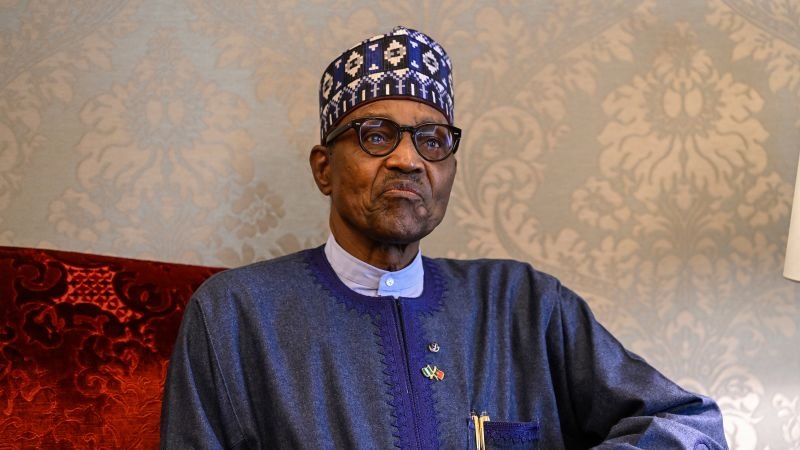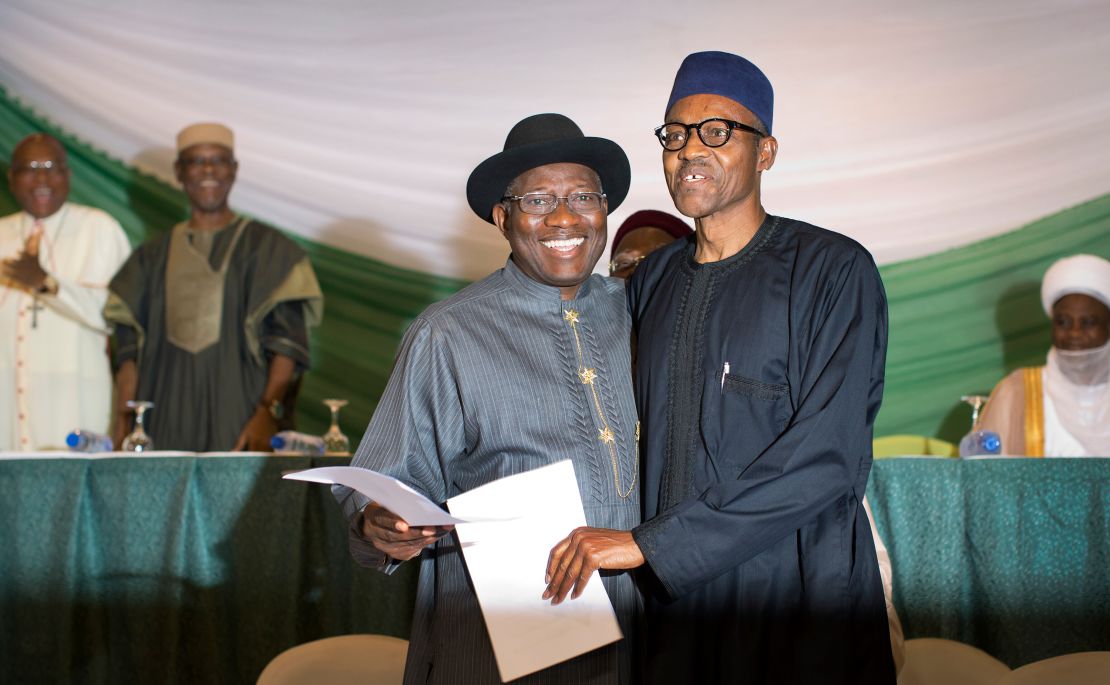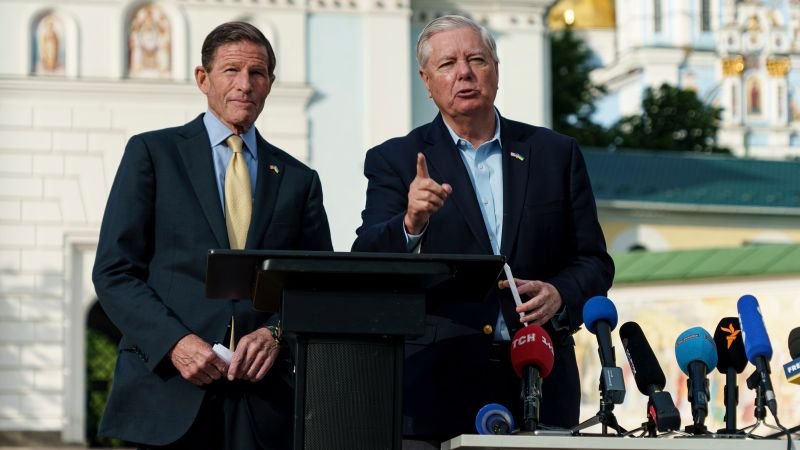Kyiv
CNN
—
Russia launched drones and ballistic missiles at multiple targets across Ukraine, Kyiv authorities said on Friday, with officials reporting residential areas of the capital had been hit and at least three people wounded.
Fires caused by falling debris and drone strikes were reported in buildings across Kyiv, as Ukraine attempted to repel the Russian attack, the Head of Kyiv City Military Administration Tymur Tkachenko said. A CNN producer in the Kyiv region reported hearing at least two explosions.
Tkachenko accused Russia of hitting residential areas with the drone attack, saying a high-rise building the the Solomyansky district of Kyiv was damaged.
Ukraine is hit by nightly barrages of Russian drones and missiles. It was unclear whether the nighttime assault was the retaliatory strike promised by President Vladimir Putin following Ukraine’s daring raids on airfields deep inside Russia.
Kyiv’s Mayor Vitali Klitschko also reported fires in the districts of Holosiivskyi and Darnytskyi of the Ukrainian capital and said that three people had been wounded.
Ukrainian air defense units have been activated in the Obolon area of Kyiv, Klitschko said on Telegram early Friday morning local time.
“The attack on the capital continues. Stay in shelters!” the mayor said.
Photos published by Reuters showed Kyiv residents, some accompanied by children sitting in prams, taking shelter in an underground car park.
The Russian missile attack on Ukraine comes days after Ukraine’s security service launched a series of daring, large-scale drone attacks deep inside Russia, striking airfields and hitting multiple military aircraft, including some its prized nuclear-capable heavy bomber aircraft.
On Tuesday, Ukraine also launched an attack on the Kerch Bridge, the only direct connection point between Russia and the annexed Crimean Peninsula, with 1,100 kilograms of explosives that had been planted underwater.
The assault took Moscow by surprise and has sparked an outpouring of calls for huge retaliation from nationalist and pro-Kremlin firebrands inside Russia.
Russia’s heavy bomber fleet have been instrumental in the routine bombardments of Ukrainian cities since Moscow’s full scale invasion, able to fire hard to intercept cruise missiles at a safe distance from Kyiv’s anti-aircraft batteries.
Putin told his US counterpart Donald Trump that Russia would respond to those attacks in the two leaders’ latest phone call on Wednesday.
Trump’s account of the call gave no indication he had called on the Russian president to temper his response, or put pressure Putin to end his invasion of Ukraine. That stance has sparked widespread anger and disappointment in Ukraine.
“When Putin mentioned he is going to avenge or deliver a new strike against Ukraine, we know what it means. It’s about civilians,” Ukrainian lawmaker Oleksandr Merezhko told CNN earliuer this week. “And President Trump didn’t say, ‘Vladimir, stop.’”
Russia has expanded its drone and missile production in the past year, allowing for mass attacks using several hundred projectiles at once. The Russian strategy seeks to overwhelm Ukraine’s air defenses with scores of low-cost drones so that simultaneous missile strikes can succeed.
Ukraine relies on US technology to defend itself against the nightly barrages of drones and missiles.
But the Trump administration has signaled it expects European allies to do far more of the heavy lifting when it comes to protecting Ukraine.
Last week the Pentagon notified Congress that it will be diverting critical anti-drone technology that had been allocated for Ukraine to US Air Force units in the Middle East, according to correspondence obtained by CNN and people familiar with the matter.
This is a developing story and will be updated.
























